A child or young person I know needs help with…
Self harm
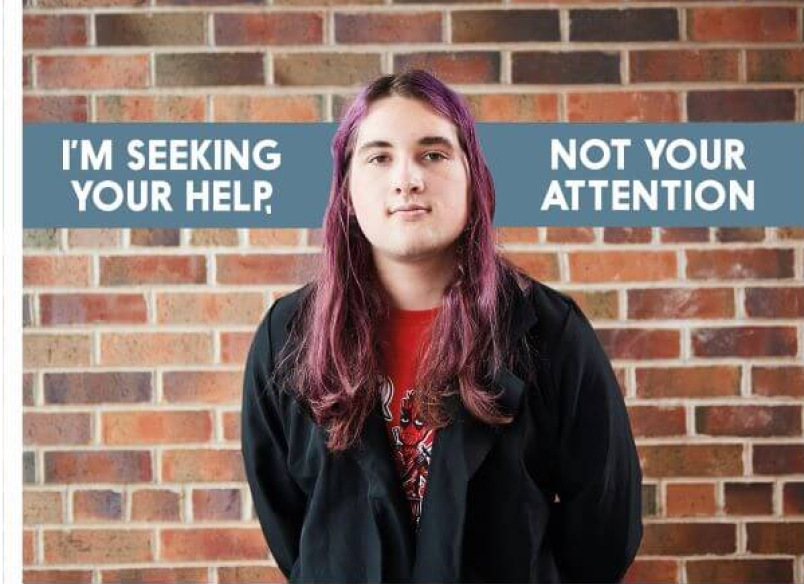
If you are concerned about a child doing something to harm themselves right now you should call 999 immediately.
You can also phone the Nottinghamshire Mental Health Crisis Line, available 24/7, on 0808 196 3779 or by dialling 111 and selecting option 2.
What is self harm?
Self harm is when somebody hurts themselves intentionally, causing injury to their physical body or wellbeing. The reasons why someone may do this may differ from individual to individual. The way in which people self harm can be different too, these can include:
- Cutting
- Burning
- Biting
- Scratching
- Swallowing harmful substances
- Using drugs or alcohol
- Picking at wounds or scabs to delay wound healing
- Not eating or overeating
- Forcing themselves to throw up
- Spending all their time on addictive behaviours like gambling, gaming or social media
- Engaging in risky behaviours including fights or risky sexual behaviour
- Engaging in self-sabotaging behaviours that harm emotional or physical wellbeing.
How should I react when a child self harms?
Self harm can be a way that some children and young people cope with emotional distress or pain, the physical pain can temporarily distract from the feelings they are experiencing.
There are also people who self harm to regain a sense of control over their emotions or situations where they feel overwhelmed or helpless and some who self harm due to body image issues to alter their bodies in some way e.g. through undereating/overeating/throwing up.
The reasons why a child or young person may self harm can be complex and sometimes hard for them to articulate why they are doing it. It is so important that if a child wants to talk to you, as a professional, about their self harm, the main thing to do is listen and offer support.
You might find these videos from YoungMinds, Childline and SHARP Nottingham helpful to watch:
Should I learn about self harm?
It may be useful for your team to undertake training to better understand and respond to self harm.
Harmless can provide training and resources at Training – Harmless.
BeUNotts also provide some training around self-harm and suicidal ideation: Training – Be U Support | Free Mental Health Service for Children and Young People.
What can I do as a professional?
- Learn about self harm – educating yourself about the causes, signs and interventions will help you respond effectively and best support children and young people.
- Build strong relationships and trust – developing trusting relationships with pupils/service users by showing empathy, active listening, and genuine concern. Make sure they know you are there to help, listen, support and signpost where appropriate.
- Encourage professional help – listen to them and explore where to seek professional help. You might help them through a phone appointment or give them the confidence to use an online counselling forum.
- Take care of your own wellbeing – supporting pupils with self harm can feel overwhelming, ensure you communicating with your schools safeguarding team and mental health professionals where needed.
Get Help Now!
Here are a list of services that can help. The icons below tell you the type of support available.
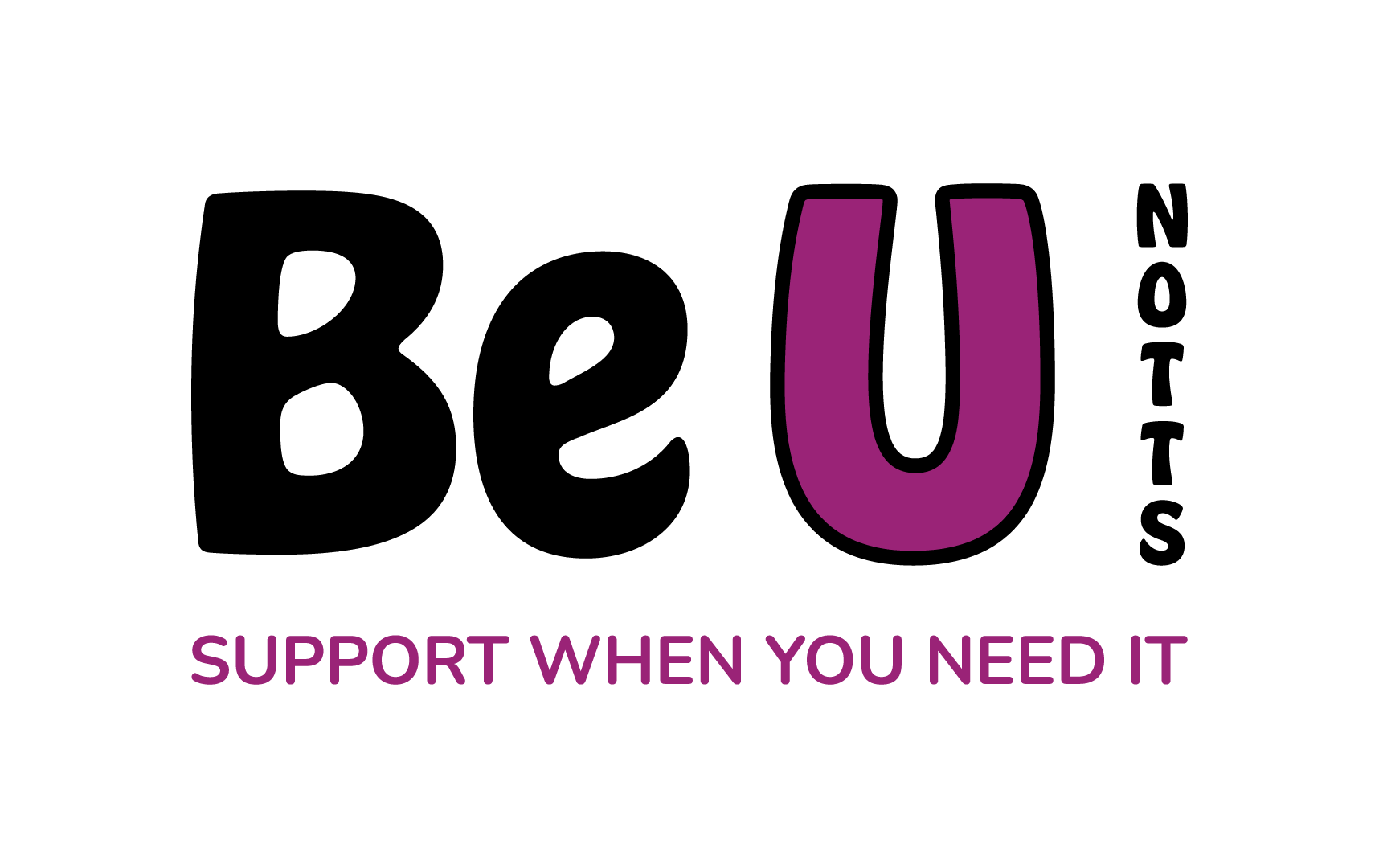
Be U Notts

Harmless

Nottingham City CAMHS
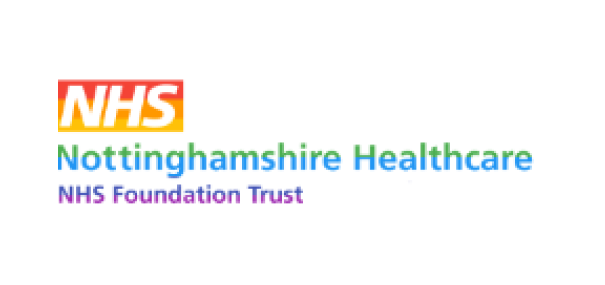
Nottinghamshire County CAMHS

Mental Health Support Teams (MHST)
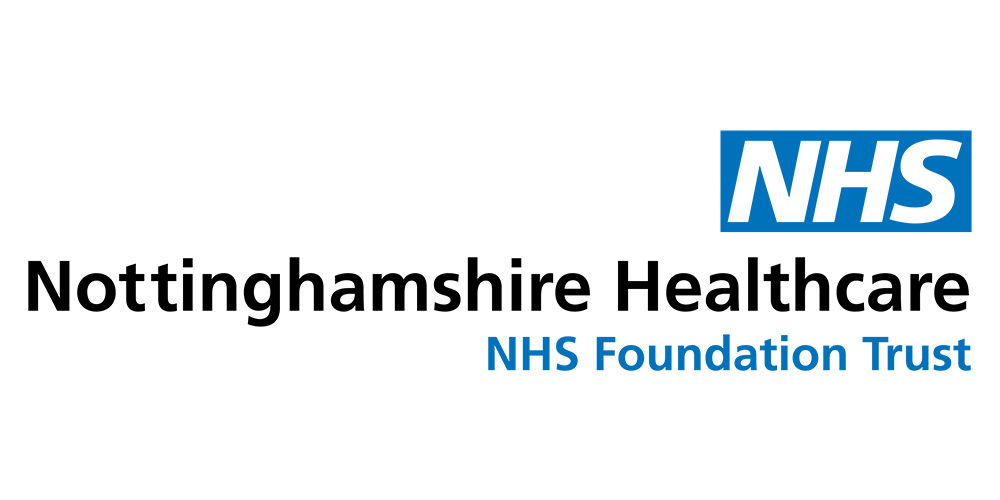
CAMHS Mental Health Support Teams (MHST)
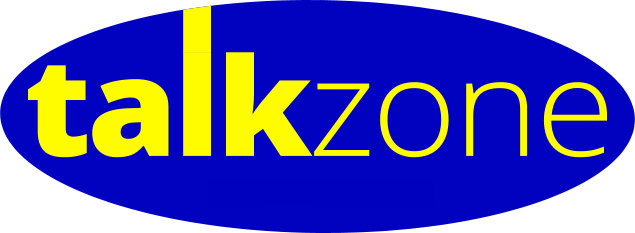
Talkzone

Kooth

YoungMinds Textline
Which services can I access?
Some of the services available operate only within city or the wider county area. Pop your postcode in below to quickly check which services are available to you
Related topics
-
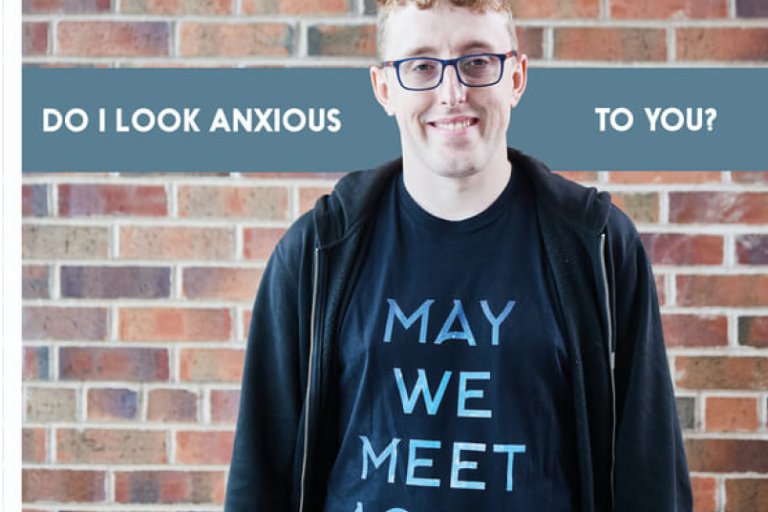
Anxiety and Panic Attacks
Everyone gets anxious now and then and anxiety is actually your body giving you a message that you are not safe.
-
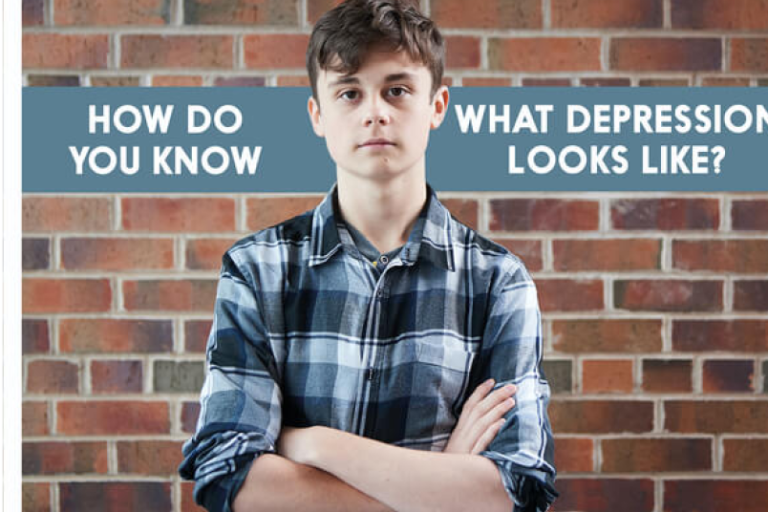
Depression or Low Mood
Everyone has ups and downs. Sometimes you might feel a bit low, for lots of different reasons. People may say that they are feeling depressed when they are feeling down, but this does not always mean that they have depression.
-
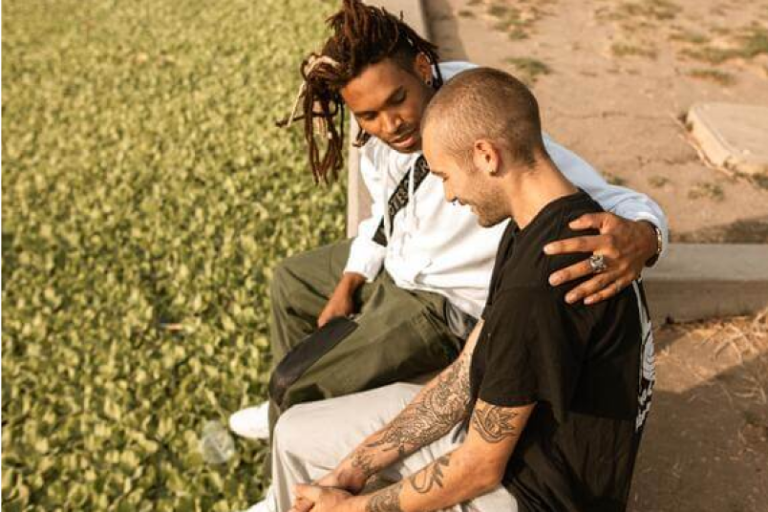
Suicidal Thoughts
If you are feeling down and can see no way out, remember you are not alone. Lots of people have felt like this and with the right help and support, they have been able to move past this. Talk to someone as soon as possible and let them know how you are feeling.
-
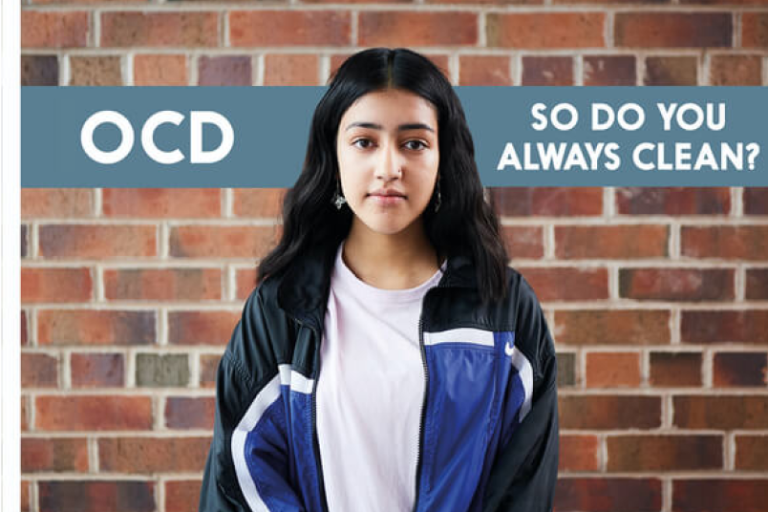
Obsessive Thoughts
Obsessions are specific thoughts that are intense and intrusive. It can feel like your thoughts are taking over and controlling your behaviour. Compulsions are ritual behaviours that people use to try to reduce anxiety linked to intrusive thoughts.
-
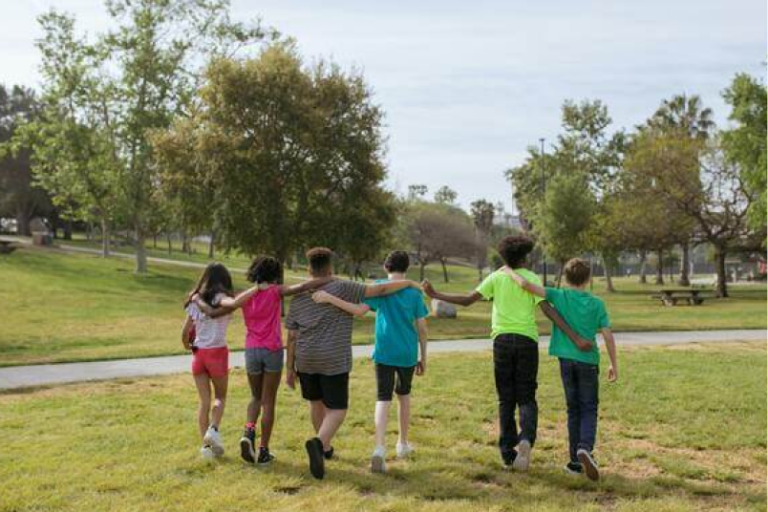
Bullying
Bullying is repeated behaviour intended to hurt someone emotionally or physically. Bullying is often aimed at certain people because of their race, religion, gender or sexual orientation or any other aspect such as appearance or disability.